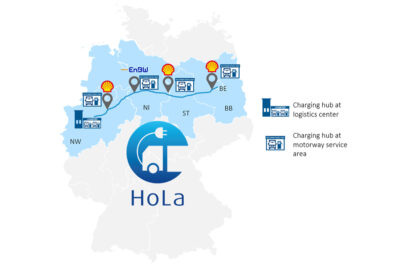Shell takes over German battery manufacturer Sonnen
After having become a stakeholder in battery maker Sonnen last year, oil giant Shell is taking over to expand its residential energy storage and services. Sonnen is now to become a wholly-owned subsidiary of Shell following approval by the regulatory authorities.
The agreement is said to strengthen both companies in making “innovative integrated energy services and electric vehicle charging solutions, and the provision of grid services that are based on Sonnen’s virtual battery pool,” Shell said.
The duo has worked together on the basis of strategic cooperation in these fields before. Christoph Ostermann, CEO and co-founder of Sonnen, considers the acquisition very promising: “Shell New Energies is the perfect partner for helping us grow in a market that is expanding rapidly. With this investment, we’re excited to help more households to become energy independent and benefit from new opportunities in the energy market. Shell will help drive the growth of Sonnen to a new level and help speed up the transformation of the energy system.”
Sonnen is regarded as a specialist for stationary energy storage systems. The company, based in Wildpoldsried in Bavaria, Germany, has been on a steep growth course for several years, expanding its turnover from 41 to 65 million euros in 2017 and expects a further 30 per cent increase.
For Shell, the takeover is only the latest in a whole series of acquisitions in the energy sector. It seems that the Dutch-British oil giant wants to build up an entire ecosystem in the electric mobility sector with acquisitions: In October 2018 Shell acquired the charging infrastructure specialist NewMotion and recently the U.S. American company Greenlots, which also focuses on this field. In addition, the oil company has joined the HPC network Ionity and the CCS initiative CHarIN and is a new investor in the U.S. startup Ample, which specializes in autonomous battery replacement.
Shell founded the “New Energies” business unit in 2016 with the aim of advancing two core areas: new fuels for transport (such as modern biofuels and hydrogen) and power generation from purchase and sale to direct supply to customers. By 2020, Shell plans to invest an average of one to two billion dollars a year in such projects to push these priorities forward.





0 Comments